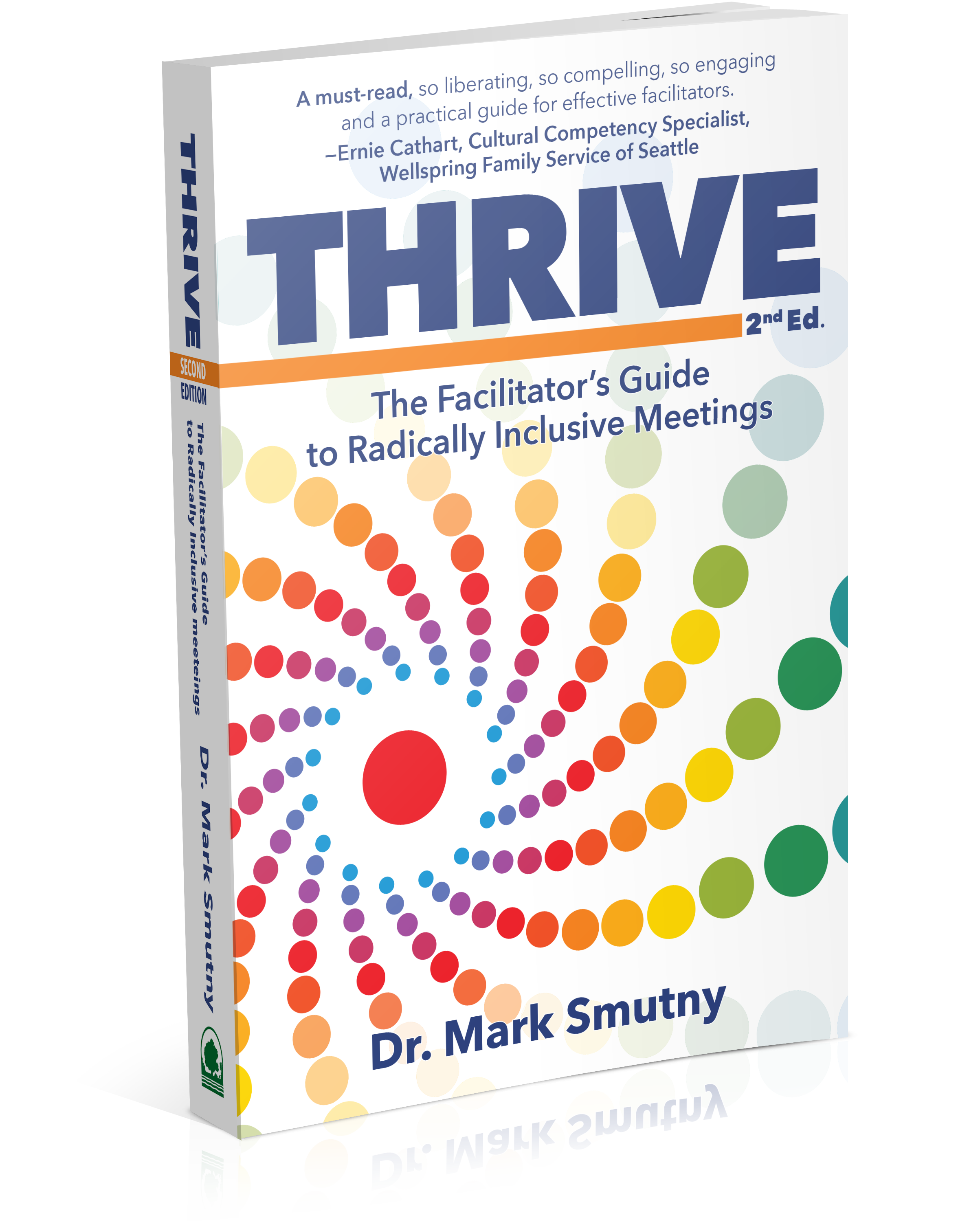 Conflict is Inevitable
Conflict is Inevitable
Conflict is an inevitable part of human interaction. Whether it’s a disagreement with a colleague, a misunderstanding with a friend, or a heated debate with a loved one, conflicts can arise unexpectedly and escalate quickly if not managed properly. However, mastering the art of de-escalation can turn potentially volatile situations into opportunities for growth, understanding, and strengthened relationships. Here are some steps to help navigate conflicts and de-escalate tensions effectively:
Stay Calm
The first step in de-escalating any conflict is to remain calm yourself. Take a deep breath and try to maintain a composed demeanor. When you stay calm, you can think more clearly and respond rationally, rather than react emotionally.
Listen Actively
Listen to the other person’s perspective without interrupting or formulating your response prematurely. Show empathy and try to understand their feelings and concerns. Active listening not only demonstrates respect but also helps in finding common ground.
Acknowledge Emotions
Validate the other person’s emotions, even if you don’t agree with their viewpoint. Acknowledge their feelings by saying phrases like, “I can see why you would feel that way” or “It sounds like you’re really frustrated.”
Use “I” Statements
When expressing your own thoughts and feelings, use “I” statements to avoid sounding accusatory. For example, say “I feel upset when…” instead of “You always make me angry when…”
Seek Understanding
Clarify any misunderstandings by asking open-ended questions and seeking clarification. Avoid making assumptions or jumping to conclusions. Understanding each other’s perspectives is key to finding a resolution.
Find Common Ground
Focus on areas of agreement and common goals rather than dwelling on differences. Highlighting shared interests can help shift the focus from conflict to collaboration.
Propose Solutions
Once both parties have had the opportunity to express themselves, work together to brainstorm potential solutions. Be open to compromise and negotiate mutually beneficial outcomes.
Take a Break When Necessary
If emotions are running high and communication becomes unproductive, it’s okay to take a break and revisit the conversation later. Stepping away from the situation temporarily can provide perspective and prevent further escalation.
Practice Empathy and Forgiveness
Understand that everyone makes mistakes, and conflicts are opportunities for learning and growth. Practice empathy towards yourself and others and be willing to forgive and move forward.
Follow Up
After the conflict has been resolved, follow up with the other person to ensure that the resolution is working for both parties. Revisiting the issue shows commitment to maintaining a positive relationship and prevents future misunderstandings.
In conclusion, conflict resolution is a skill that can be learned and perfected over time. By staying calm, listening actively, and seeking understanding, conflicts can be de-escalated effectively, leading to stronger relationships and a more harmonious environment.
 More Insights
More Insights
For more insights and resources on building organizational health, visit my website at https://civicreinventions.com. Feel free to reach out via email at mark.smutny@civicreinventions.com or give me a call at 626-676-0287. I am committed to personally responding to every inquiry.
Dr. Mark Smutny, an award-winning author and nonprofit consultant, specializes in conflict resolution services and guides nonprofits toward mission success. His book, “Thrive: The Facilitator’s Guide to Radically Inclusive Meetings, 2nd Ed.,” offers valuable insights into creating inclusive and effective meeting spaces.
